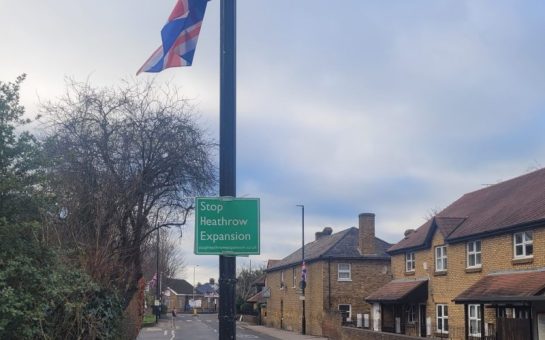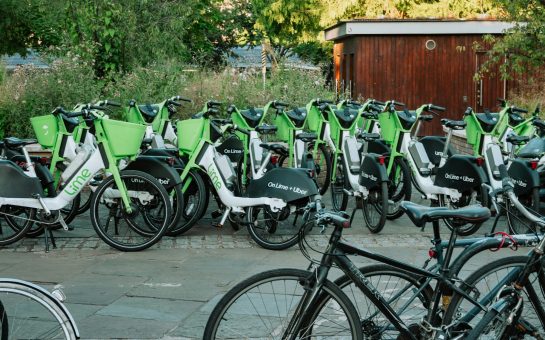Over the past few years the popularity of degree apprenticeships has increased exponentially while the cost of university fees have skyrocketed.
Degree apprenticeships and apprenticeships are opportunities for companies to take on workers that they train and pay to employ to provide school leavers with an advanced qualification.
This has become an increasingly popular option for individuals seeking higher education at a cheaper cost, but also helps employers gain good employees specifically trained with their company.
Sophie Harrows, head of careers and cultural connections at Hammersmith Academy said that the option of apprenticeships are becoming more popular amongst students at her sixth form.
She said: “We’ve had students turn down the best university in the world for their subject field in exchange for a degree apprenticeship that is being fully funded by the company that has taken them on.
“This year I had 18 applications for degrees at university in computer science, cyber security or other tech based subjects.
“But in the past two years more students are pursuing it as degree apprenticeships and apprenticeships.”
According to a national study funded by the Quality Assurance Agency for Higher Education (QAA), only 5% of apprentices said they felt helped by their teachers when applying for non-university next steps.
It also found that 80% of apprentices were satisfied with their teaching quality and 82% were happy with their career progression from their degree apprenticeship.
It has also been reported that in 2022 there was a 56% increase in the number of apprenticeship searches on Career Finder compared to 2020.
Harrows continued: “Children in London public schools are choosing degrees that earn them a lot of money.
“Our catchment doesn’t reach students who have the luxury to say they want to have a good work-life balance.
“For our students they want to make as much money as they can, for themselves and to help their families have a better life.”
In 2022, the Government introduced a student loan repayment reform named ‘Plan 5’, a new set of terms and conditions about paying back a student loan for those studying on or after 1 August 2023.
Previously there has been ‘Plan 1’ and ‘Plan 2’ which applied to previous graduates.
The new reform lowers the threshold from when repayments start from £27,295 a year to £25,000.
Secondly, the time in which students have to repay their loans before they get totally cleared has increased by a decade – it used to be after 30 years but now it is 40.
The only silver lining in this is that interest rates on the loan will be cut so students are only charged the Retail Price Index (RPI) rather than the RPI and up to an additional 3% interest.
Harrows said: “University departments aren’t necessarily at the top of their game, they used to be in the industry but they don’t have their feet on the ground anymore.
“I think times are changing, I think apprenticeships are getting better and there are more of them on offer.”
This follows as the average debt amongst students who started their university course in 2022/23 is £45,600 by the time they finish their degree whereas for students starting in the reformed system (2023/24) it’s a forecasted £42,900.
Glassdoor found that most salaries for a degree apprentice range between £19,000-£27,000.
The Government expects only 27% of full-time undergraduates who started their degree in 2022/23 to repay their loan in full but after the reforms they forecast it to increase to 61%.
For more information or to search different apprenticeship options, head to the government website.
Picture Credit: Kenny Eliason on Unsplash





